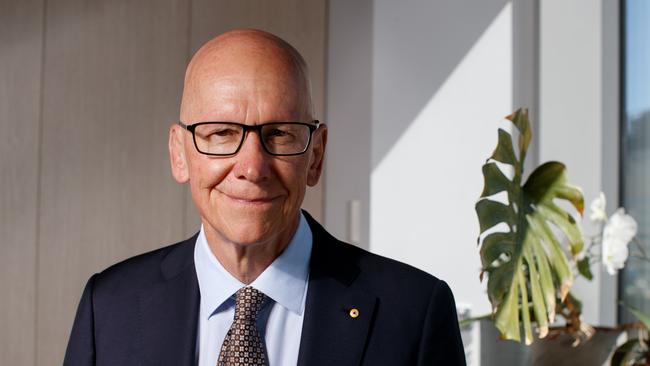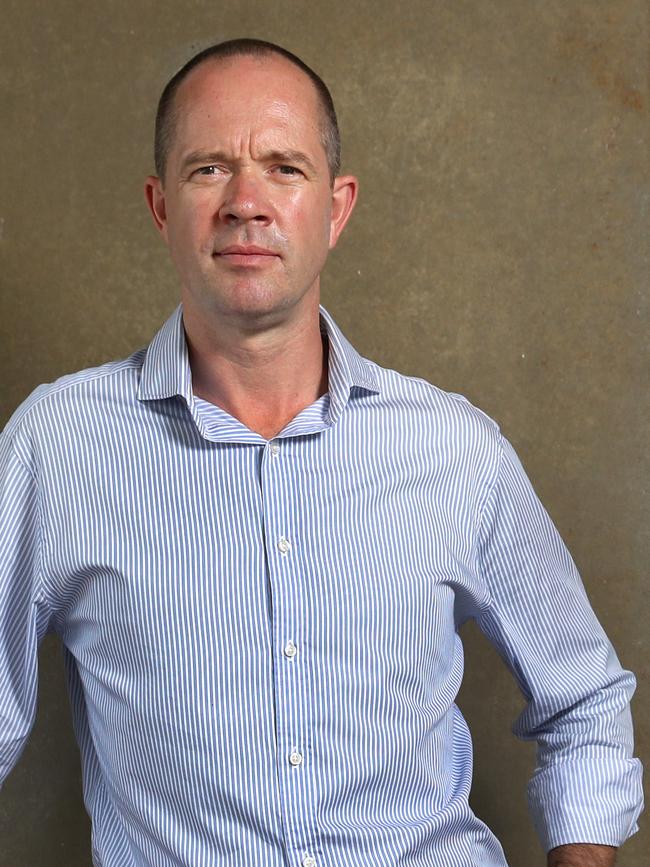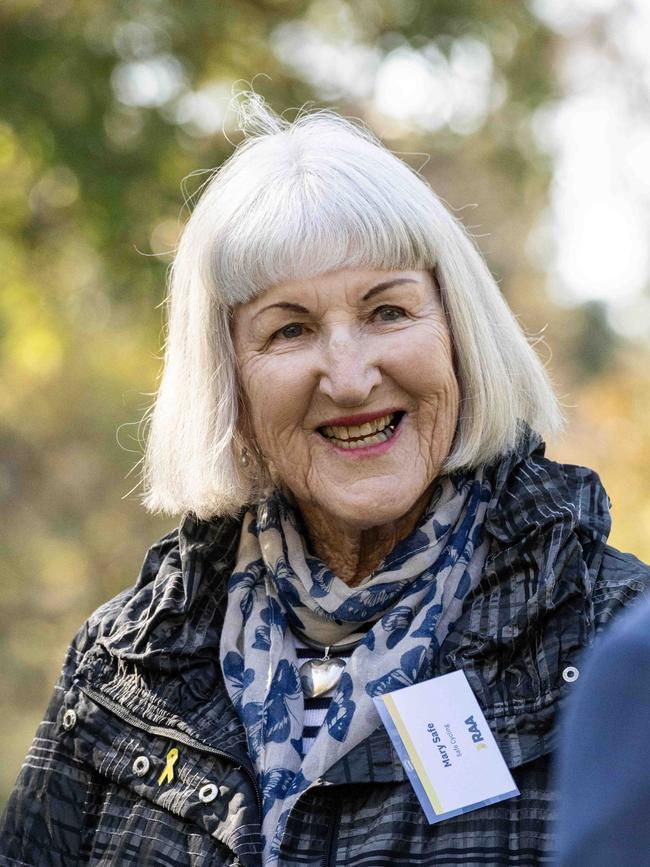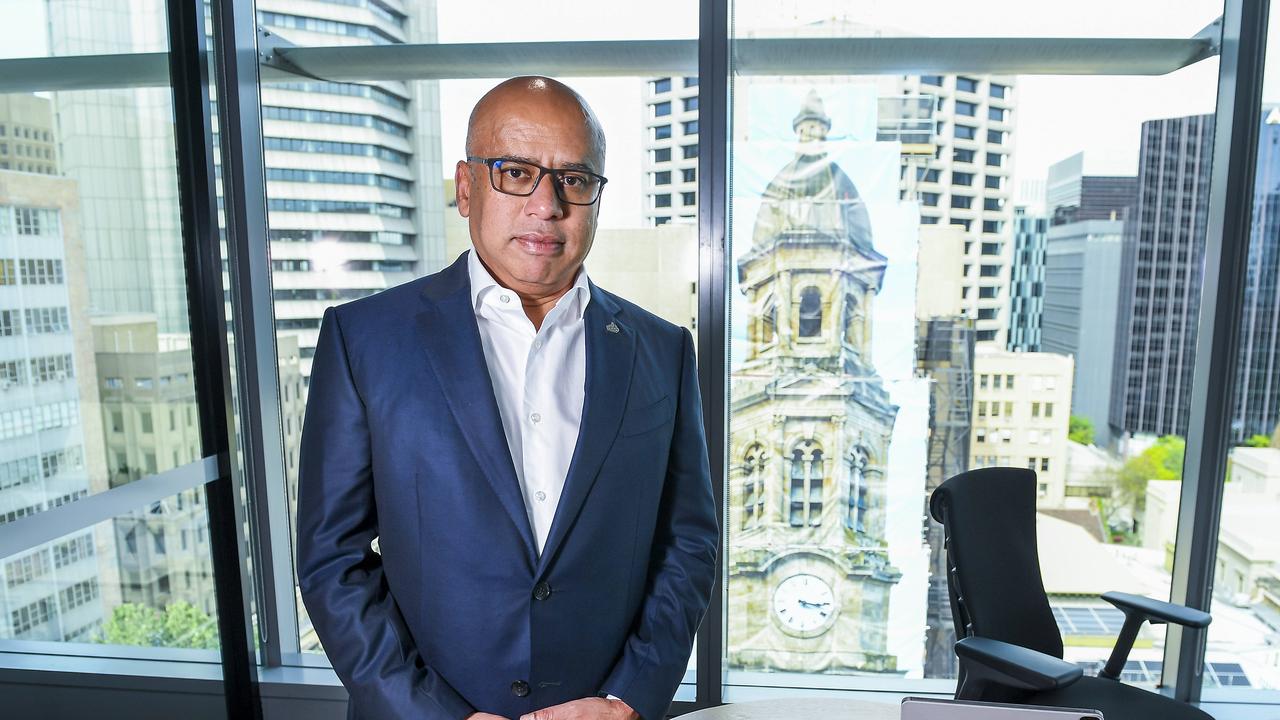Only the smart should lose their dough; Rescuers to keep charity wheels turning

Feeling unhappy with the returns offered by Wilson Asset Management? Perhaps you shouldn’t be permitted to invest with them in the first place, says Geoff Wilson, the veteran fund manager who runs the place.
Turns out his fantasy is to make prospective shareholders fill out an aptitude test to screen their financial literacy; those who don’t pass with a result of 90 per cent or higher would be turned away entirely.
We think he was joking, but this semi-serious clap-back was directed at a poor mom-and-pop investor, Cheryl, who expressed dismay during an investor call on Tuesday at how WAM’s Strategic Value LIC has been performing.
Cheryl’s story is that she kicked in $43,300 during the IPO in 2021 and now her money is down 0.63 per cent (as of last week). She says it would have made better sense just to whack the money into a term deposit account.
“I want to get out as soon as I reasonably can,” she said, before asking why WAM was still charging management fees based on such crappy performance,
A reasonable question, Wilson conceded, before basically telling her to GTFO of his entity. Politely, of course.
“People like yourself, you need to sell,” he said, going on to explain, softly, rationally, that LICs aren’t suitable for people who know nothing about what they’re supposed to do. By that he meant the tax benefits they provide, the franking credits, etc.
And that’s when he floated his imaginative idea for incoming investors.
“It’s probably a bit extreme,” he began, “but everyone who buys shares should fill out a questionnaire, and if you don’t get 90 per cent then we send you a letter and say, ‘Look, can you please sell your shares because you don’t understand what you’ve invested in’.”
Wilson went on to admit that approach might be “a bit harsh”, but, come to think of it, he might have a point?
Keep wheels turning
It’s rare – almost unheard of – for a charity to be rescued from liquidation. And yet here we are on the precipice of a miraculous corporate turnaround, with a dream team of star benefactors lining up to revive and recapitalise the financially ruined Amy Gillett Foundation.
We’re talking about former RBA deputy governor Guy Debelle, NAB chair Phil Chronican, billionaire Daniel Besen, Tanarra’s John Wylie, property investor Michael Drapac, fund manager Geoff Wilson and former Telstra CFO David Moffatt.
Most, if not all, are passionate about cycling; those unfamiliar with the AGF only need to know that its core mission, since 2006, has been to improve the safety of the sport and past-time across Australia. Its namesake is Amy Gillett, a 29-year-old cyclist who was struck by a vehicle in 2005 while training with the Australian national team in Germany.


The reconstituted board will be led by former Cycling Australia chair Duncan Murray, professional cyclist Kate Bates (a two-time Olympian) and Tour de France rider Phil Anderson, Gillett’s mother Mary Safe, CT co-founder Mark Textor (a previous chair until 2017), and Drapac, whose son Damion was killed while cycling in a 2019 road accident.
Prior to their intervention, the place had exploded, in February, after the foundation received $6.6m in commonwealth funding for a mapping and data project it couldn’t deliver. A cautionary tale, perhaps, in sticking to one’s lane, and a message the refreshed board seems to be taking quite seriously.
Quirky, too, is that AGF now finds itself not only in liquidation and subject to a deed of company arrangement, but it’s also planning a major fundraising event next week along the Great Ocean Road. It’s been granted an operating licence by its administrators at KPMG in order to carry this out.
Who’ve been working pro-bono, it should be added, along with some partners at Arnold Bloch Leibler who have provided the legal advice.
All things being equal, the AGF should be out of insolvency later this month.
Double standard
Mining billionaire Andrew Forrest is back at it again, lobbying the federal government for a phase-out of diesel fuel rebates – that’s after drowning himself in more than half a billion litres of his own supply over the past year.
We speak of some 631 million litres consumed during FY24, a number practically unchanged from the previous year at 633 million litres, and for which Fortescue is now claiming about $300m in Australian government fuel tax credits.
Margin Call hears the in-house lobbyists at Fortescue are moving to revive the company’s push to phase out the tax credits, their argument being that axing the subsidy will incentivise the industry to go green. That old chestnut.
Still on side
And finally, it was in April that we reported on the departure of Moksha Watts from the Prime Minister’s Office, the seasoned policy wonk calling time after two years of toil with Anthony Albanese.
Watts’ specialties lie in climate change, energy, sustainability and resources – she didn’t write the book, but she did pretty much craft the legislation around the Net Zero Economy Authority. Thus, upon hearing that she’s currently consulting for the Chamber of Minerals and Energy of Western Australia – a peak body funded by the state’s biggest miners – we were certain of some sort of error. It’s a bit like finding out that Erin Brockovitch is making a buck helping out Big Chromium.

But, yes, while it’s true that Watts is doing work for the CME, it’s only as far as tightening up their work on mandatory disclosures – that is, to prepare the WA mining industry for compliance with climate-related financial reporting, the legislation governing all that having eked its way through the Senate late last month.
So, no, there hasn’t been a sudden switching of sides for Watts, although when we put it to her she declined to comment.




